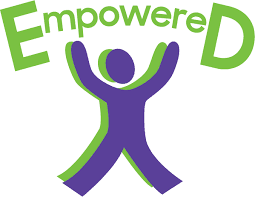The Psychology Of Gossip: Why Talking Sh*t Makes You Happy
Curated from: elitedaily.com
Ideas, facts & insights covering these topics:
5 ideas
·2.4K reads
16
Explore the World's Best Ideas
Join today and uncover 100+ curated journeys from 50+ topics. Unlock access to our mobile app with extensive features.
Being Relatable
Knowing that others have flaws makes them more relatable. It makes them feel more likable and less intimidating, as they are just as vulnerable to the harsh realities of life as you.
74
579 reads
Empowered By Having Personal Information
When we gossip, we gain “social capital” -- a secret weapon of sorts over those around us.
Even if we have no intention of using information in a harmful manner, simply having the information is satisfying.
68
398 reads
Feeling Accepted
It is a human trait to desire companionship and relationships so we value our acceptance and social placement. When we know things about others, it makes us feel included.
Participating in the ongoing conversations your peers have is an element of your favorable reception in the herd.
67
349 reads
Relating To Each Other
Sharing your viewpoints on other people with someone helps the relationship grow stronger.
We want to engage with people who share common opinions, no matter how snarky. You may not be discussing deep subjects, but you’re definitely having fun.
62
322 reads
Making Friends
Friendships often begin with idle chit-chat that reveals common interests, which eventually leads to a relationship. Talking about mutual friends, coworkers and acquaintances helps friends to solidify their bond.
By sharing information, you’re demonstrating a level of trust that your new friend won’t repeat what you’ve relayed. In a way, it’s almost a test of a person’s character.
103
757 reads
IDEAS CURATED BY
SeaElEl 's ideas are part of this journey:
Learn more about personaldevelopment with this collection
How to align stakeholders
Best practices in product management leadership
How to create value together
Related collections
Similar ideas
Read & Learn
20x Faster
without
deepstash
with
deepstash
with
deepstash
Personalized microlearning
—
100+ Learning Journeys
—
Access to 200,000+ ideas
—
Access to the mobile app
—
Unlimited idea saving
—
—
Unlimited history
—
—
Unlimited listening to ideas
—
—
Downloading & offline access
—
—
Supercharge your mind with one idea per day
Enter your email and spend 1 minute every day to learn something new.
I agree to receive email updates





